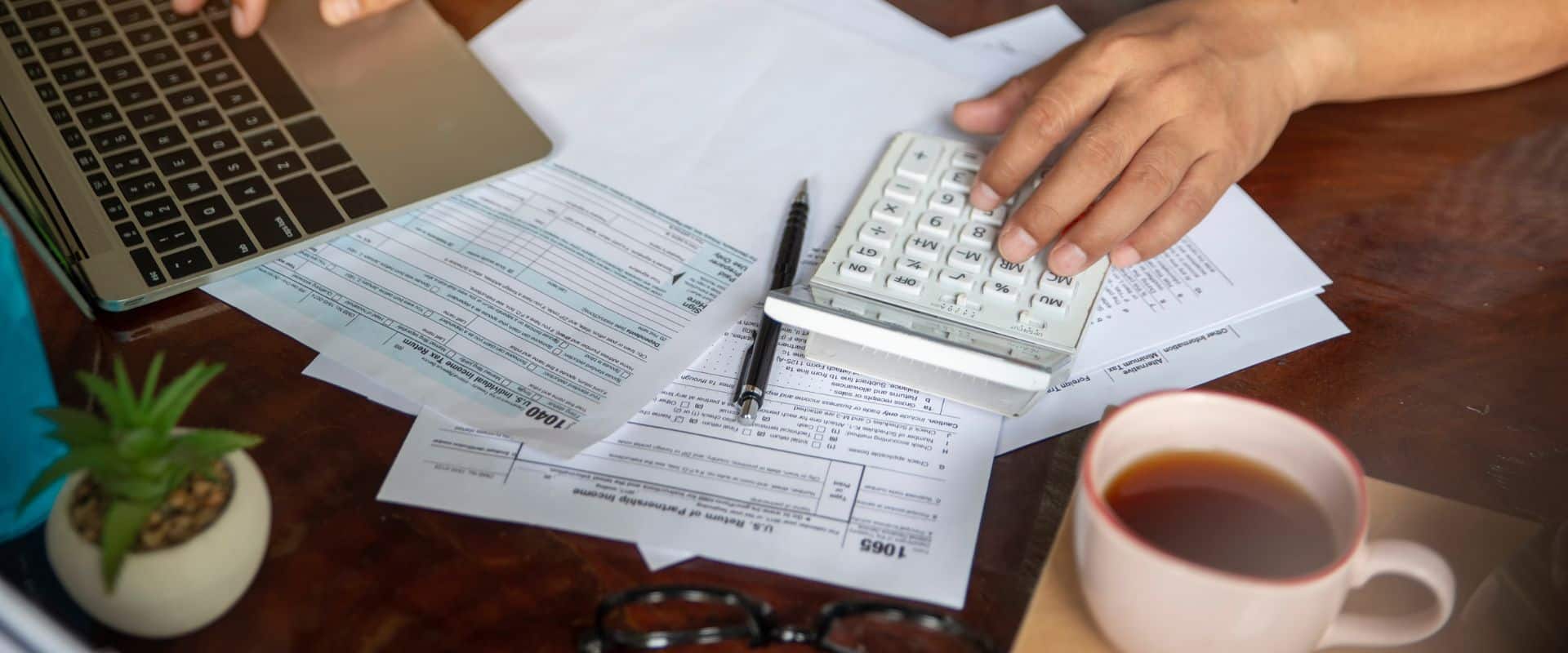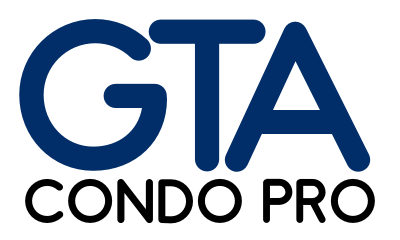
Pre-Construction HST Information – How to Avoid Pitfalls
One of the many pitfalls that new home buyers encounter revolves around the need to pay Harmonized Sales Taxes (HST) on their pre-construction condo. HST is a unique tax that’s applied only to new construction, so those who encounter it are often fresh to the housing market and can be frustrated with its calculation. Even experienced home buyers find calculating HST one of the biggest headaches during the purchase process, adding on to the stress of balancing mortgage options and closing fees. Unfortunately, HST is a universal pain point across pre construction condo sales, so we’ve broken it down for you in simpler terms below.
What is Pre-Construction HST?
So you’re thinking of buying a pre-construction condo, but you’re told that you’re going to have to pay some form of a real estate tax on your new home. What exactly is that tax? This tax is known as HST and amounts to 13% of your property’s purchase price, with 5% for GST and 8% going to PST. While there’s no getting out of paying HST, there are different manners in which you can receive a rebate on it once you’ve paid. Head over to www.disiminomazza.com to get in touch with one of our team’s accounting professionals to learn more.
Are You Eligible For An HST Rebate?
Luckily, most people are eligible for a housing HST rebate. How you receive your HST rebate will be dependent on whether you plan on being the end-user of your new pre-construction condo or not.
YOU PLAN TO LIVE IN THE UNIT
That’s great, because this is the easiest way for you to claim your HST housing rebate. If you, or any one of your direct relatives, plan to live in the home, then your housing rebate can be baked into your condo purchase price. This means that a builder will include the tax rebate in their pricing, leading to an overall reduced price on your condo.
While this is definitely the easiest HST rebate process, you’ll have to make sure you file the right documents with the Canada Revenue Agency (CRA), in case they ever challenge the rebate. To avoid running into any problems in the future, you should be prepared to prove that you, or your direct relative, is living in the new home – whether that be changing the address on your driver’s license or setting up a bank account that’s linked to the unit.
Likewise, be very careful with co-signers; a co-signer on the lease who is not an immediate family member or spouse can invalidate your HST rebate, and you will not be eligible for one any longer. This could mean upwards of $30,000 lost on your bottom line!
YOU’RE AN INVESTOR
If you’re a real estate investor who purchased the pre-construction condo as a rental property, you won’t qualify for the built-in HST rebate. As such, you’ll need actual cash on hand to pay the HST fee upon closing. For real estate priced under $350,000 (So…not in Toronto), your HST will be 7.8% of the tax at closing. For a house worth over $450,000, you’ll be charged $24,000 in HST at closing. The HST that you pay upfront is also what you’ll receive back in your rebate.
To get your HST rebate quickly, you’ll need to get a housing rebate application started, specifically the New Residential Rental Property Rebate form. To submit, you’ll need to provide a 1 year lease agreement in order to prove that your new home will be rented out to a tenant for at least 12 months. Once you do so, you should receive your rebate within 2-3 months. You will need to do this within 2 years of closing on your new home, as you will no longer be eligible to apply for an HST rebate afterwards.
HST Housing Rebate Application Nuances
Great, you received your housing rebate as planned, and have been enjoying your new pre-construction condo as either a tenant or landlord for some time. Now, you’re thinking about selling the home for a pretty profit, so what happens to the HST rebate if you sell?
IF YOU/DIRECT RELATIVE LIVED IN UNIT
If you or a direct relative lived in the condo for at least 12 months, there’s no issue at all. You can sell it and not worry about repaying your HST rebate back to the government.
IF YOU RENTED UNIT OUT
The same goes if you rented the condo out to a tenant, so long as it was rented out for a minimum of 1 year.
However, if you or your tenant resided in the new home for less than 12 months, you will be required to pay back the HST in full to the CRA.
The timeline of 1 year is a law put in place by the government to minimize condo “flipping”, which has been the main driver for skyrocketing home prices in cities like Toronto and Mississauga over the last decade. By setting up this guardrail, home prices are protected from those looking to make a quick buck off red-hot real-estate waves.
THE BOTTOM LINE
Basically, if you play by the rules and submit your documents in a timely fashion, an HST rebate is pretty much guaranteed. Should your rebate be denied for any reason, you can always work with a team to file a Notice of Objection on your behalf. Likewise, if you’re operating under unique and special circumstances, we always recommend working with an experienced real estate agent to ensure that your housing purchase and rebate process goes as smoothly as possible.
